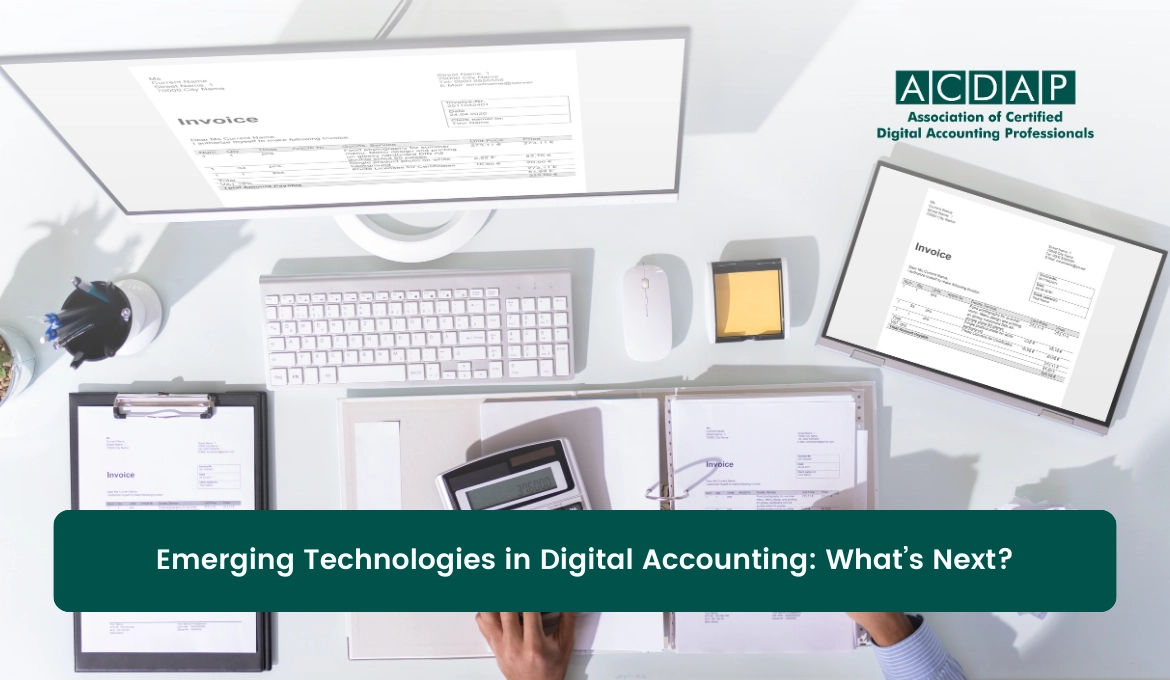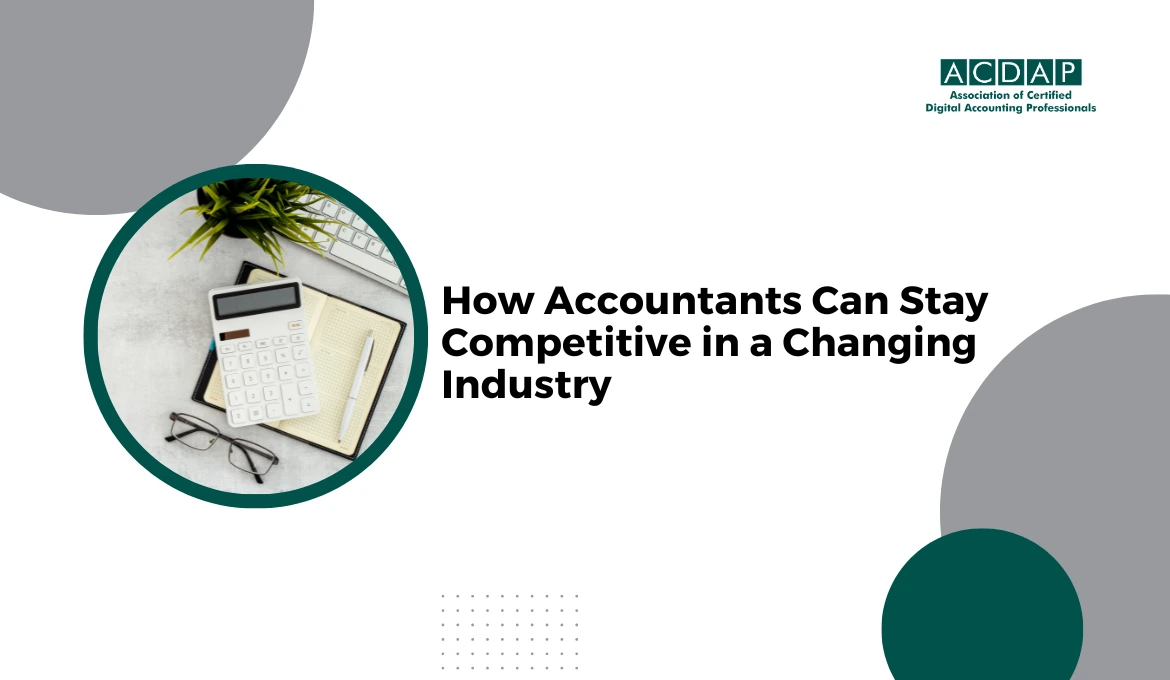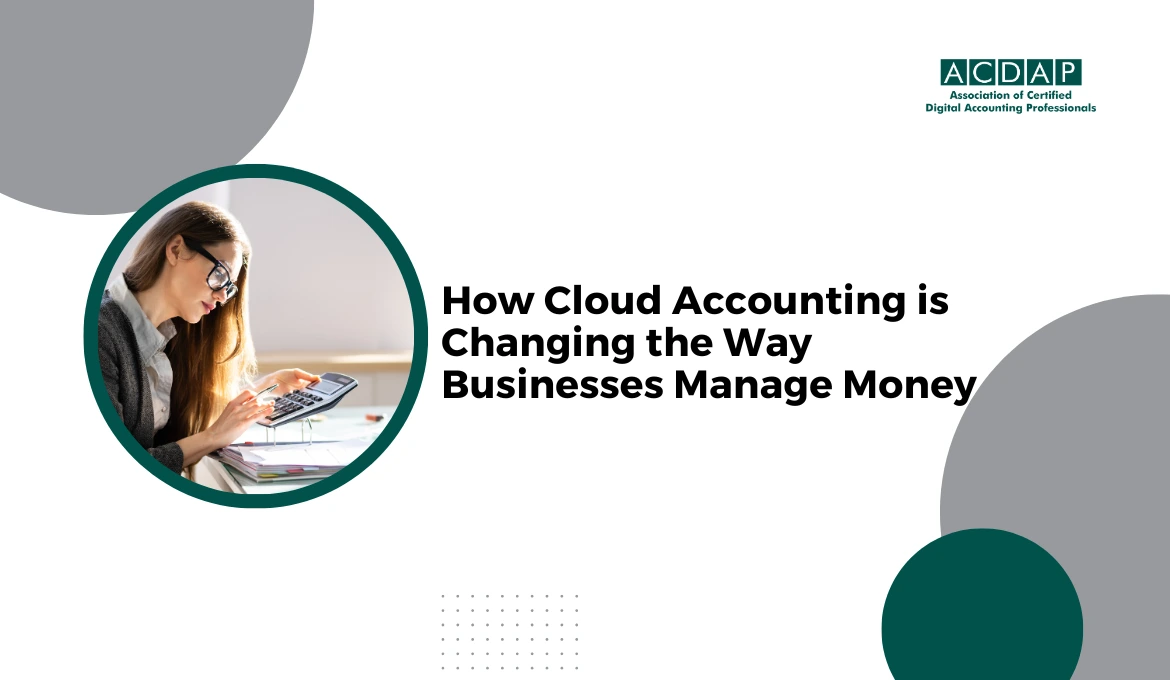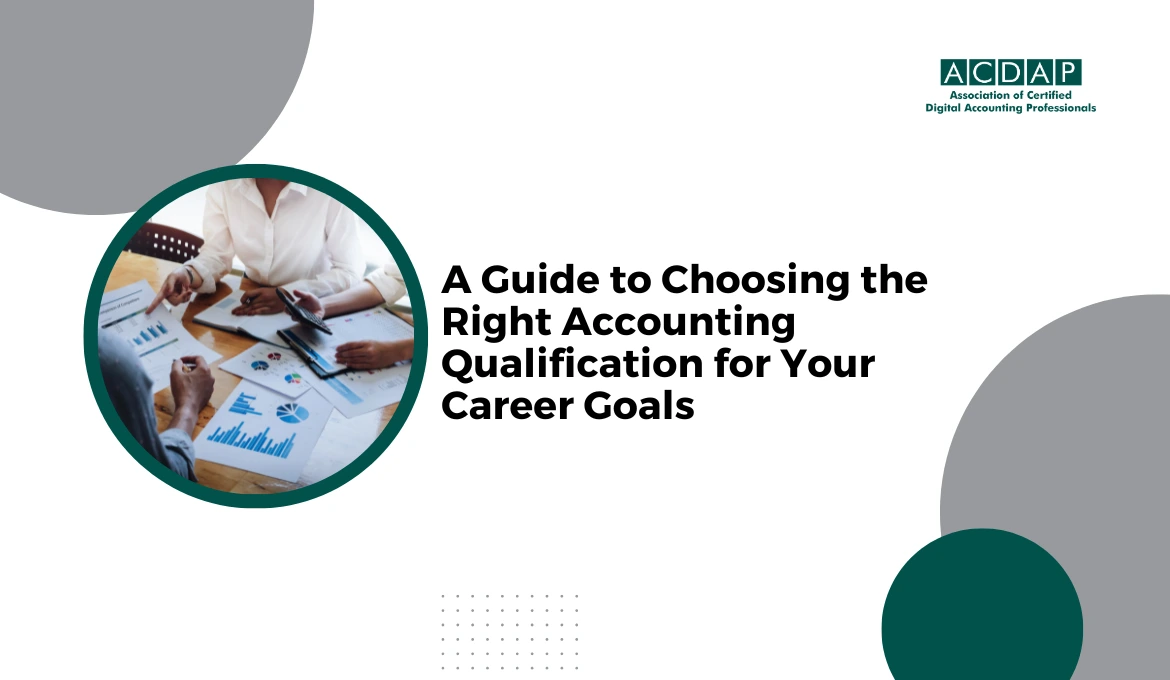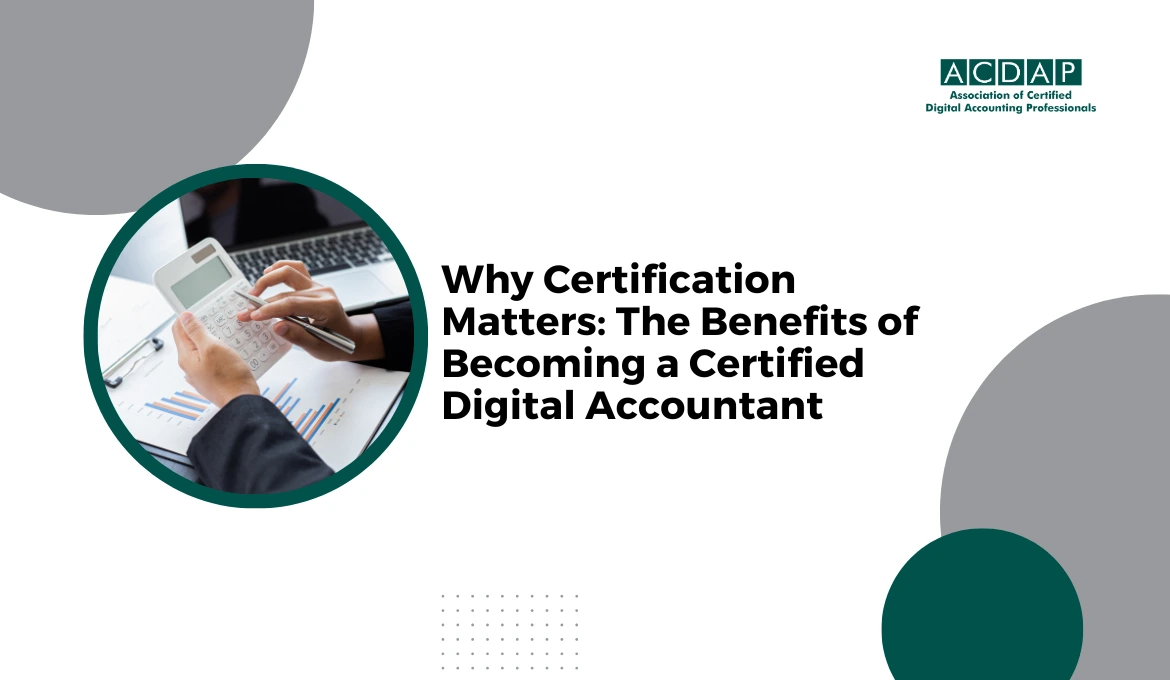Accounting is evolving rapidly due to emerging technology. Traditional approaches are being overhauled by digital solutions that enable businesses to work faster and more precisely. These solutions facilitate easier financial processes and offer better insights into a firm's finances. In this piece, we examine the emerging technologies that will mould the future of accounting.
Artificial Intelligence (AI) and Machine Learning
AI and machine learning are now revolutionizing how accounting is conducted. These can undertake tasks such as data inputting, classification of transactions, and processing bills. AI will also be capable of forecasting financial patterns in the future and of flagging suspected fraud. In the future, AI will assume more repetitive tasks while freeing up the accountant to spend more time doing essential work such as making business decisions and counselling clients.
Blockchain Technology
Blockchain is perhaps best known for its ability to support cryptocurrency, but it can have great implications for accounting. It keeps records safe and open. Blockchain produces a digital book that can't be altered, making it ideal for tracking transactions. It might facilitate easier and safer audits. Blockchain may be used increasingly for financial reports and audits in the future.
Cloud Computing
Cloud computing enables accountants to view financial information anywhere. Cloud accounting software is updated in real time and secures data with automatic backup. As cloud computing continues to grow, it will enable companies to tie all their systems together and receive even better analytics. Cloud computing will play an even larger role in accounting in the future, simplifying the ability of companies to manage their finances.
Robotic Process Automation (RPA)
RPA employs robots to perform repetitive accounting tasks, such as invoicing and record checking. Robots are faster and more precise than humans, minimizing errors. As RPA improves, it will complement AI to further automate accounting, minimizing the necessity for individuals to perform these operations manually.
Data Analytics and Big Data
Big data and data analytics enable accountants to analyze vast quantities of information. Through these applications , accountants will be able to gain a deeper awareness of the performance of a business. This, in turn, will enable them to make sounder decisions and plan for the future. Through these technologies getting better, accountants will also be able to forecast financial trends and handle risks more conveniently.
Voice Recognition and Natural Language Processing (NLP)
NLP and voice recognition enable computers to recognize and act on speech. In accounting, this is possible by enabling accountants to use voice instructions to search for records, produce reports, or input data. NLP may also be used to read and analyze contracts and financial statements. All this will result in a more efficient and speedier accounting process.
Virtual and Augmented Reality (VR/AR)
Virtual and augmented reality (VR/AR) are emerging technologies that may redefine the work of accountants with financial information. VR is capable of creating 3D spaces to help accountants grasp intricate data. AR is able to display financial information on paper in real-time. These technologies are in the early stages, but they may assist in training and presenting financial information in the future.
The Future of Digital Accounting
With improving technologies, accountants will have less time spent on repetitive tasks and more time taken in making key decisions. Automation will enable accountants to concentrate on advice and insights. The future of accounting will be data-, technology-, and real-time information-driven, making accounting quicker, more precise, and more transparent.
Conclusion
The future of accounting is in the digital age. Emerging technologies such as AI, blockchain, and cloud computing will transform accounting to be more efficient and secure. These technologies will enable accountants to perform their work better, faster, and more accurately. As technology advances, accountants will have to continue learning and adjusting to these changes. The future of accounting is promising, with limitless opportunities for expansion and enhancement.
